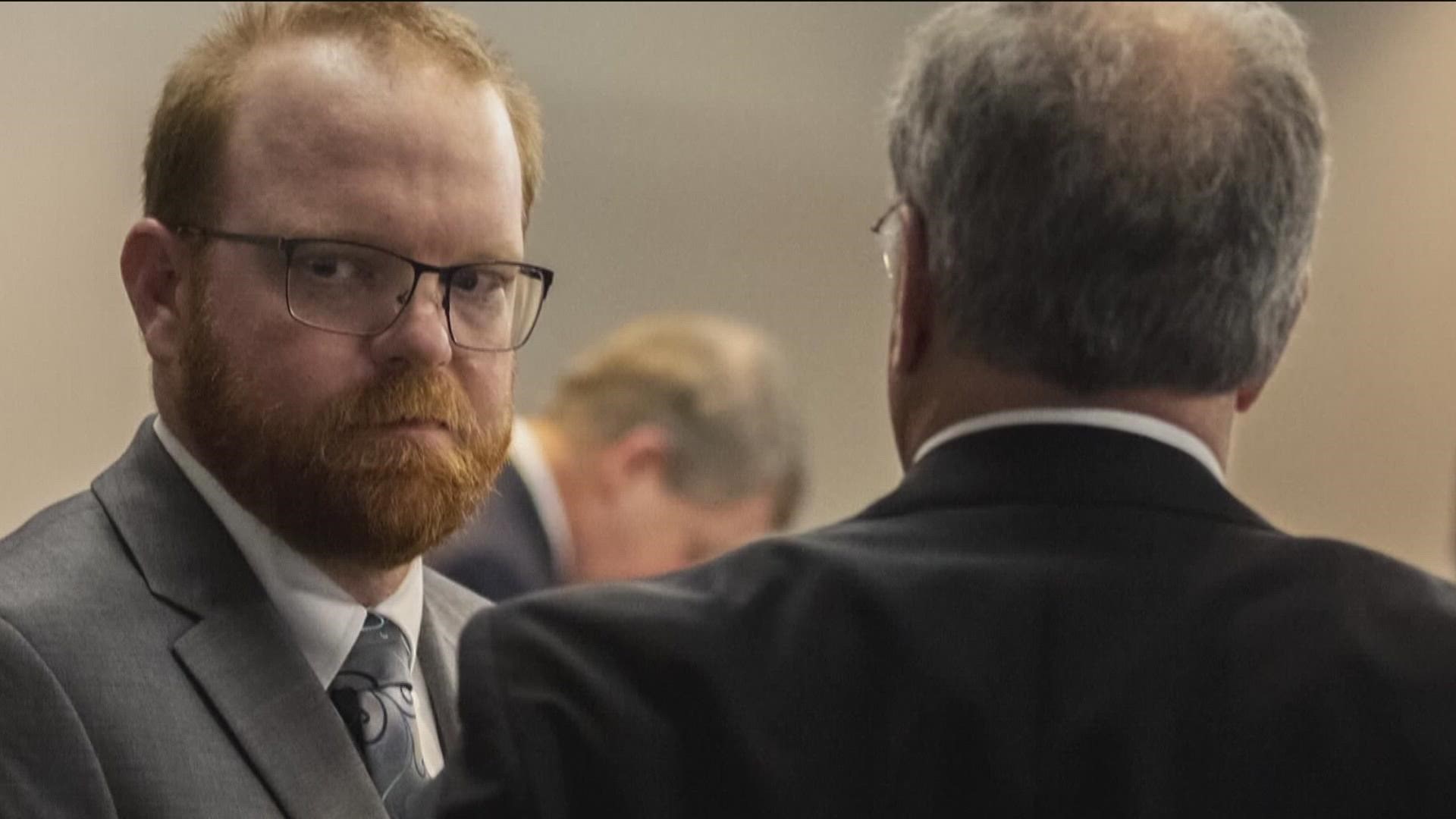ATLANTA — The federal case against Travis and Gregory McMichael is on hold while legal experts explain it’s not an example of double jeopardy.
Federal prosecutors reached a plea deal with the McMichaels, who were convicted last November of murdering Ahmaud Arbery in state court. After complaints from Arbery’s family, the deal was rejected by a judge. The McMichaels — along with co-defendant Roddie Bryan — are scheduled to go to trial in federal court next week on charges stemming from Arbery’s death.
Legal experts say charging the three on both the state and federal level does not constitute double jeopardy.
Here’s why.
Double jeopardy is a part of the U.S. Constitution that suggests authorities can’t put you on trial twice for the same crime. Sometimes, a situation that appears to be double jeopardy is not.
"That's an extremely complicated and complex area of law," said criminal defense attorney Alicia Luncheon.
The state of Georgia has its laws. The federal government has its own separate set of laws. It’s called dual sovereignty and it comes from rulings by the Supreme Court.
Luncheon said it allows the federal government to enforce its laws even when the state has convicted someone for the same acts.
"The federal government, that is a separate sovereign entity," said Luncheon. "It's derives power from a separate location than the states do. For that reason, the Supreme Court has said, these are different sovereigns, and so they can prosecute the way that they like."
In the past, numerous defendants have gone to the Supreme Court claiming federal charges following state charges for the same event should be considered double jeopardy.
So far, the Supreme Court has disagreed.
"A lot of times the federal government won't step in right when the state prosecution has been successful unless they thought there were some substantial interest to step in or there was a miscarriage of justice," said Luncheon.
The three men convicted of murdering Ahmaud Arbery also face a $1 million lawsuit filed by Arbery’s mother.
That case will be heard in civil court.
Double jeopardy doesn’t apply to civil proceedings.

